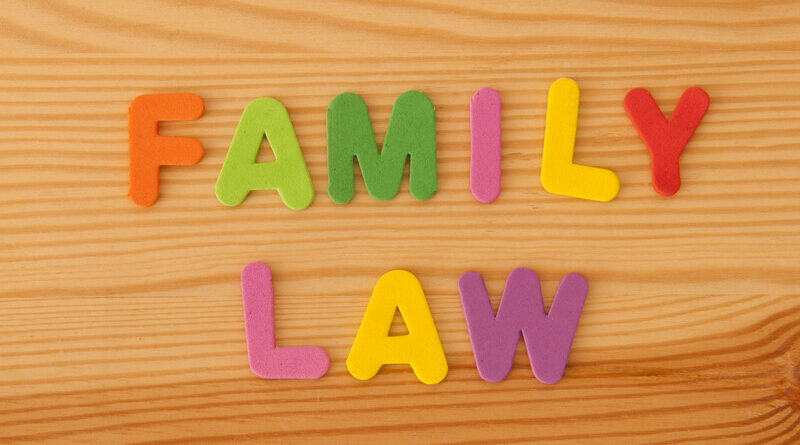What Happens In A Child Arrangement Order
What Happens In A Child Arrangement Order
Meanwhile, the law is focused on ensuring that children are cared for and are in contact with both parents unless otherwise. Holding these arrangements might look practical, but in truth, they are not. In most cases, parents disputing who should stay with the children and how often the other parent can stay with or visit the children. So, to help settle the dispute, a court is usually used to settle the contravention between the parents and grant each parent a fair deal with the kids.
So, what happens in a child arrangement order?

When making child arrangements, the main factor to consider is the child’s interest. After all, the main reason behind these arrangements is to ensure that the child continues with a normal life.
Afterward, you’ll need to consider which parent they will spend time with and how much time they’ll spend with the other parent. This is often easy since the children will want to spend more time with the parent who looks after them the most. In most cases, but not always, this will be in the family home as the other parent seeks residence elsewhere. On the same note, this does not restrict the other parent from visiting. Arrangements can be made for the other parent to visit or pick them up for a weekend.
At the same time, the children staying with one parent and not with the other doesn’t mean that they aren’t cared for financially. They will be cared for too by the other parent. They—the other parent—will contribute financially by paying child support/child maintenance. Also, parents can come to a consensus and agree and share costs equally; this is through a shared residence plan.
Aside from the finances and which parent is suitable for the children, other factors are worth considering. In most cases, these are:
- Their age,
- Their needs (physical, emotional, and educational)
- If they are at risk of domestic violence
- Lastly, which parent offers them the best care.
Right to contact
According to family law, the constitution grants you the legal rights and responsibility to care for the child. Still, it doesn’t give you the right to contact them. By law, that authority stays with the children. Most parents assume that since they have a relationship with their children, they also have a right to see them unless exercising such a right would harm them. Sadly, this is not the way the law works. Children find it difficult to deal with divorce and might go as far as requesting you cut contact with them. At the same time, some children would rather the other parent stay close to help them deal with the divorce.
All in all, families and children are different. Some would rather have an amicable way to deal with the divorce, while others would instead opt for no communication. Also, keep in mind that the court will be involved if you can’t find a cordial way around this.
Frequently asked questions
How long does it take to attain a child arrangement order?
The time it takes to obtain a child arrangement order is dependent on factors. As such, this means that that there is no guaranteed duration in which one can obtain the order. However, most arrangements take a frame of 6 to 12 months before a final draft of the order is achieved.
How does the court decide what’s best for the child?
The court is guided with a checklist defined in the constitution. In short, this means that before the court makes a decision, it will look at the case’s variables and compare them to the constitution. Once the comparisons are made, the court will come up with a favorable ruling that benefits the child’s welfare.
Can I get legal aid for a child arrangement order?
Yes, it is possible to get legal aid for a child arrangement order. However, for one to qualify for this, they must have an abusive partner; that is if you and your child have experienced an incidence of abuse from the other parent. Further, you must also qualify financially and must provide evidence of both scenarios.
The bottom line
With a huge number of marriages ending up in divorce, so is the number of disputes between parents on who should have the children. So, to settle these disputes, there is a need for a legal system that ensures that both parents play an essential role in their children’s lives. As discussed above, that system has been made possible with the help of a child arrangement order—a system in which both parents battle turn to court to settle their disputes over the children.



